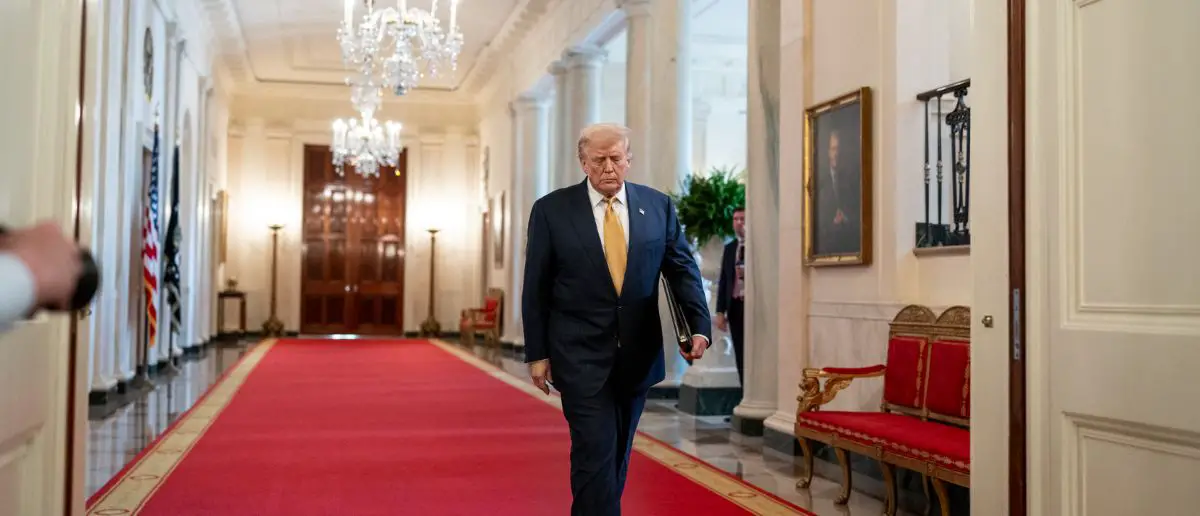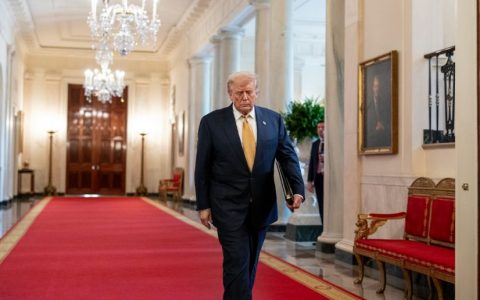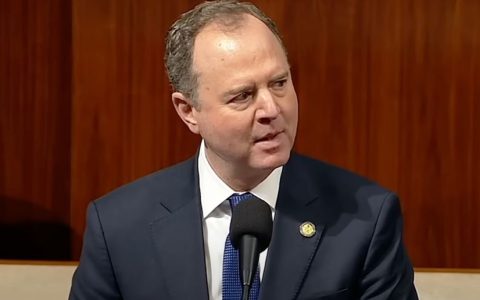
Manchin and the Democrats have had their bad blood. But it’s reaching levels no one thought imaginable.
Now Senator Joe Manchin confessed to an utter betrayal of the Democrat Party.
Manchin’s Critique of Democratic Leadership
In his forthcoming memoir, Dead Center: In Defense of Common Sense, former Sen. Joe Manchin, I-W.Va., delivers a pointed critique of Democratic leadership, accusing them of prioritizing political control over institutional integrity.
He specifically targets Senate Minority Leader Chuck Schumer, D-N.Y., for pushing to eliminate the Senate filibuster, a move Manchin saw as a bid for “raw political power.” Manchin recounts the intense pressure from Schumer and other Democrats to align with their agenda during key votes under President Joe Biden’s administration.
He describes Schumer’s push for a filibuster vote as a performative act to appease the “radical left” rather than a genuine belief in its merits, asserting that Schumer’s sole focus was maintaining Senate control.
This experience led Manchin to favor a Republican Senate majority in 2024, believing they would preserve the filibuster as a safeguard against unchecked partisanship.
Resistance to Partisan Overreach
Manchin’s memoir details his resistance to what he perceived as Democratic overreach, notably his opposition to the $1.9 trillion American Rescue Plan in 2021. He recounts a heated exchange with Biden, who warned, “If you k*ll this f— bill, I will never speak to you again.”
Manchin, undeterred, criticized the plan’s broad distribution of funds, calling it “reckless” and later expressing regret for compromising on its passage. His refusal to endorse Vice President Kamala Harris in her 2024 campaign against Donald Trump further illustrated his stance against eliminating the filibuster, which he called the “Holy Grail” for preserving bipartisanship.
Manchin’s decision, alongside former Sen. Kyrsten Sinema, I-Ariz., to block the filibuster’s removal in 2022, cemented his role as a defender of Senate tradition against Democratic efforts to consolidate power.
Contrasting Relationships with Presidents
Manchin contrasts his strained interactions with Democratic presidents with a more open relationship with Trump.
He describes former President Barack Obama as distant, noting only two direct contacts during Obama’s eight-year presidency: one after Manchin’s 2012 Senate re-election and another in 2015 to sway his vote on the Iran nuclear deal.
In contrast, Manchin portrays Trump as a fellow “outsider” with whom he communicated frequently during the first two years of Trump’s presidency—more than he did with Obama over eight years.
This dynamic, Manchin argues, reflects his alignment with leaders who prioritize pragmatic governance over partisan loyalty, reinforcing his belief that Democratic leaders under Biden and Schumer were more focused on power than preserving democratic institutions.





